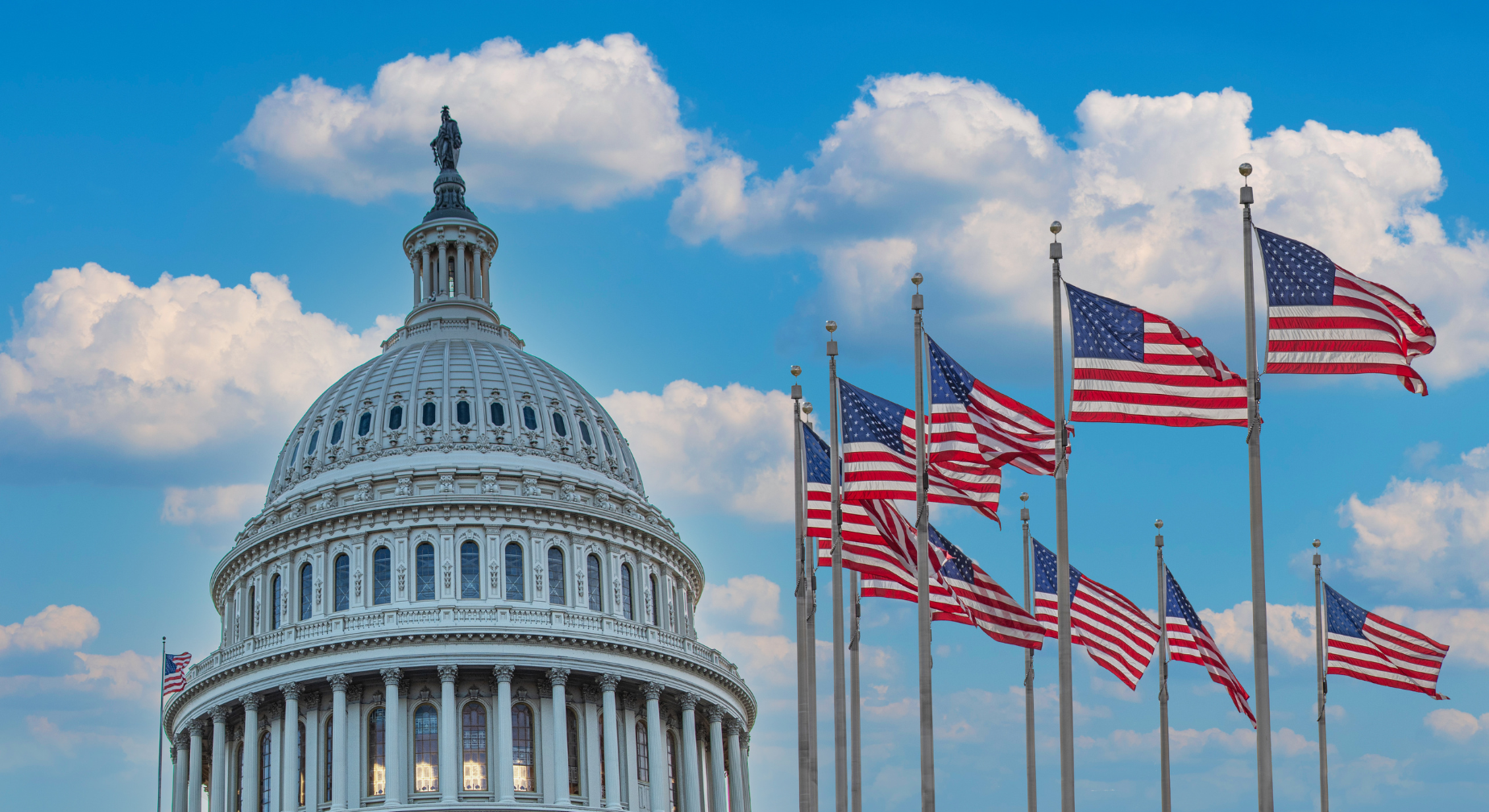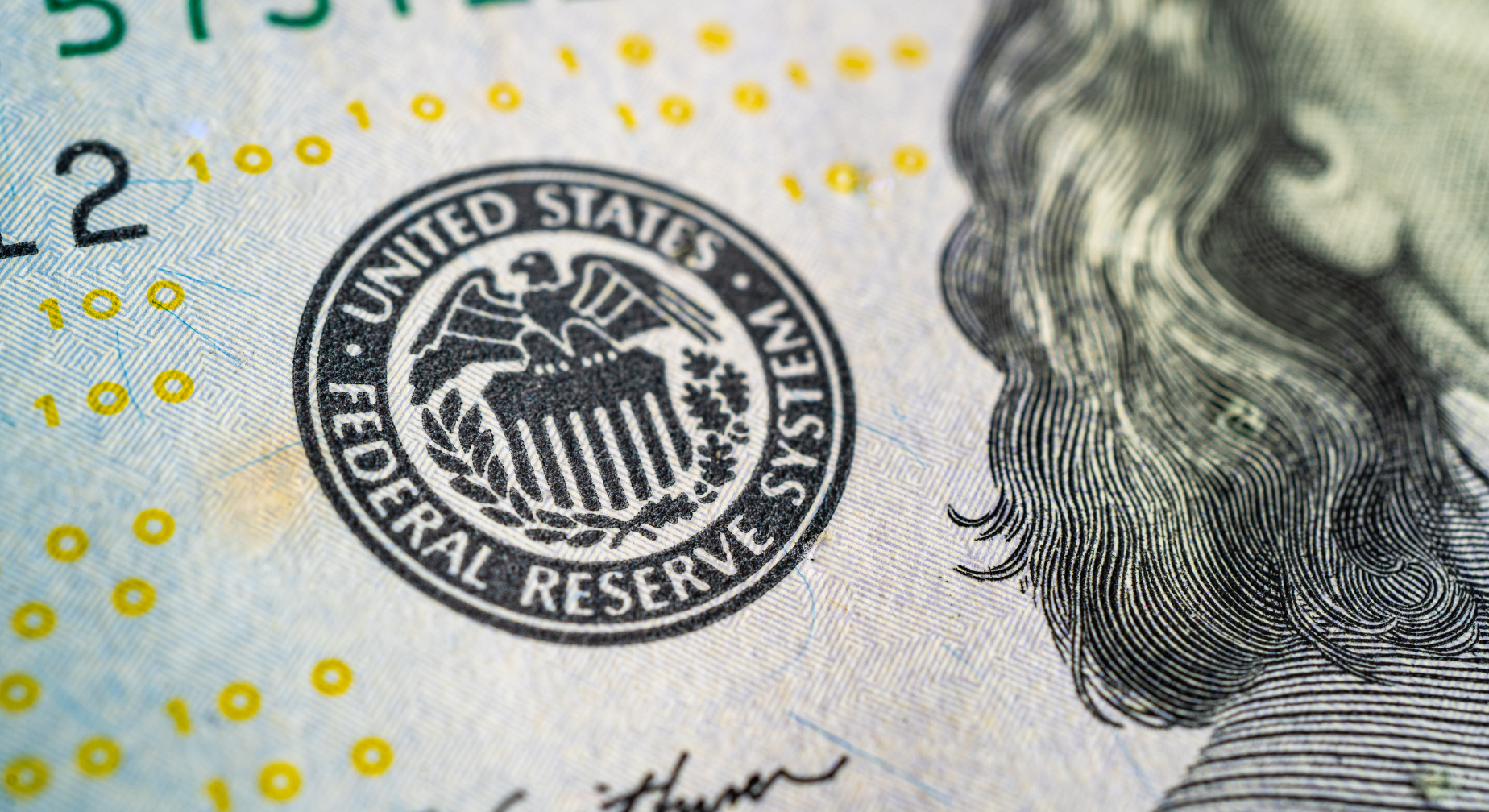Economy & Markets


Monthly Market Update for January: Geopolitics, the Fed, and Precious Metals
The start of the year was positive for stocks and bonds, continuing the rally from recent years. This might be surprising to some investors since there were several periods of volatility driven by geopolitics and Federal Reserve policy.

Venezuela, Oil, and the Impact on Portfolios
The arrest of Venezuelan President Nicolás Maduro by U.S. forces represents an unexpected and significant geopolitical event. As has been widely reported, the U.S. military successfully conducted an operation that detained Maduro on charges related to drug trafficking and corruption.

The Future of the Fed: New Leadership and Rate Cuts
For long-term investors, the Federal Reserve plays a key role in supporting the economy and financial system. This will be especially important in 2026 since Jerome Powell's term as Fed Chair ends in May, creating an opportunity for the White House to reshape the central bank's leadership and direction.

Monthly Market Update for November: Volatility Amid AI and Fed Uncertainty
In November, markets experienced a brief period of volatility that affected many asset classes. While major indices have delivered strong year-to-date returns across stocks, bonds, and international investments, investors continue to worry about artificial intelligence-related stocks and the path of Fed rate cuts.

Risk Management Amid Credit Concerns and Cockroaches
There's an old saying that criminals rob banks because that's where the money is. However, in today's financial system, money isn't just in banks anymore, but across different types of financial institutions.

Monthly Market Update for October
The stock market continued its strong performance in October despite uncertainty from a government shutdown and renewed trade tensions with China early in the month. Many major indices reached new all-time highs after recovering from a brief period of volatility.

Trade War with China: The Latest Tariff Tantrum and Market Volatility
The market recently experienced its largest one-day decline since April, driven by escalating tensions between the U.S. and China over rare earth metals and tariff threats. While the brief selloff rattled some investors, markets quickly improved following softer language from the White House around trade.

How Government Shutdowns Affect Markets and the Economy
Washington is back in the headlines as the federal government faces a shutdown if policymakers can't reach a new funding agreement. This adds to a year in which government policies around trade, taxes, immigration, and more have created uncertainty for the economy and markets.

How to Navigate Fears of a Market Bubble
As markets reach new highs and artificial intelligence stocks continue to rally, some investors are asking "are we in a bubble?" This is as much about investor psychology as it is about market conditions.

Key Perspectives on Jobs and Mixed Economic Signals
Investors often find themselves looking in the rearview mirror even when they know that what lies ahead is most important. Recent reports, which are naturally backward-looking, have some investors and policymakers concerned about the economy, leading some to wonder if there will be a recession.

Monthly Market Update for August: Markets Climb on Fed Expectations and Earnings Growth
The stock market climbed to new all-time highs in August, while bonds also contributed positively to portfolios. This occurred despite continued uncertainty around tariffs, Fed independence, and technology stocks.

Fed Rate Cuts: What Is the Bond Market Signaling to Investors?
Fed Chair Jerome Powell's recent speech at the Fed's annual Jackson Hole conference, which has been covered extensively in the media, reinforced that an interest rate cut in September is likely.

